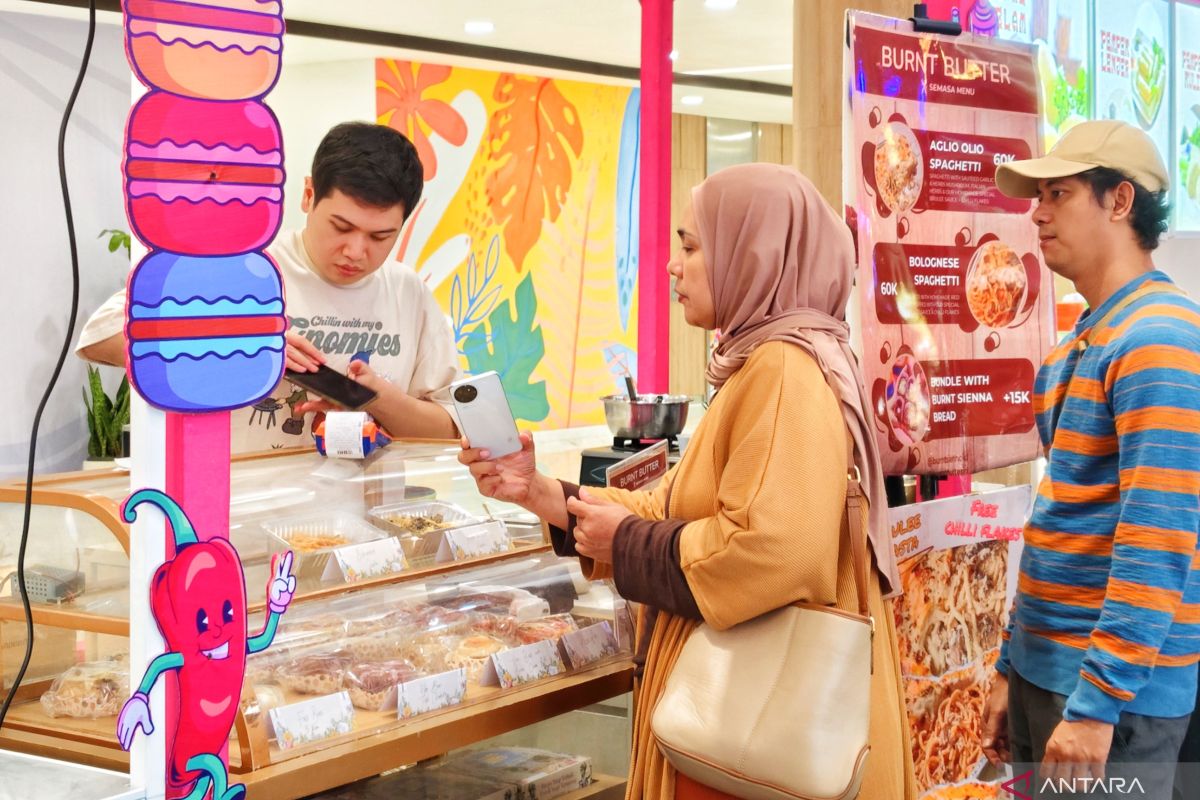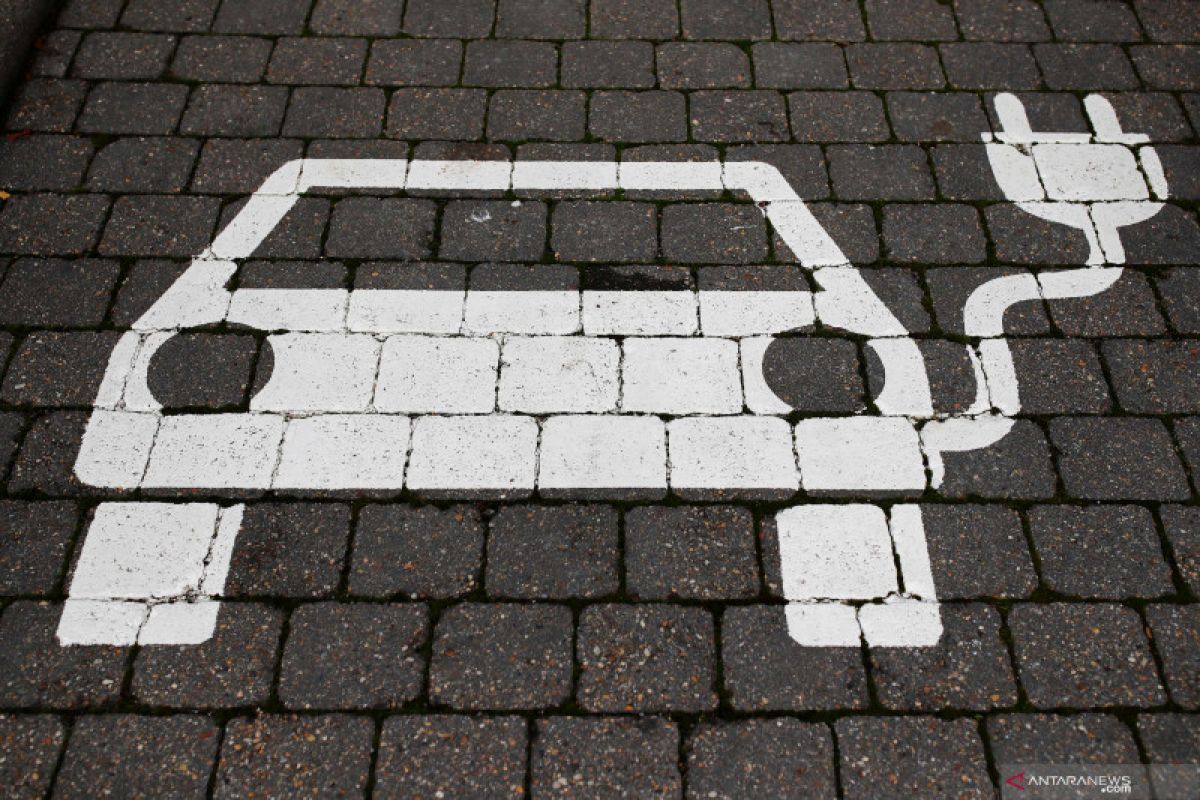
By: Fahmi Wibawa, Executive Director of LP3ES, Lecturer and Economist at FEB UIN Syarif Hidayatullah.
While much of the world was enjoying the Eid al-Fitr holiday, U.S. President Donald Trump “stole” global attention by officially announcing reciprocal tariffs on imported commodities entering the United States. Contrary to expectations, the new tariffs were not only aimed at major “enemy” countries whose products flood the U.S. market such as China, Canada, and Mexico, but in fact applied to all countries that export to the U.S., including Indonesia.
Indonesia was specifically mentioned by President Donald Trump as a country that hampers U.S. exports both through tariff and non-tariff barriers, making it subject to a 32% import tariff into the U.S. Predictably, within hours, the rupiah began to weaken. When President Trump announced the tariff hike on April 2, 2025, at 4:00 PM Eastern Time (approximately 3:00 AM WIB on April 3, 2025), the exchange rate stood at 1 USD = IDR 16,741. Five days later, the rupiah had depreciated to IDR 17,200 per USD on April 8, 2025. There are concerns that this weakening trend may continue, potentially reaching above IDR 17,500 in the coming days.

US Tariff on the World. Source: US Govt/EEAGLI
As seen in the tariff chart above, although Indonesia ranks 12th among countries affected by the tariffs -just below China- there has been no official statement from President Prabowo or other senior Indonesian officials, unlike the responses from other presidents, prime ministers, or global leaders. Instead of issuing a strong rebuttal to Trump's policy, Coordinating Minister for Economic Affairs Airlangga Hartarto stated that Indonesia would seek to renegotiate an unlikely outcome considering Trump has declared the policy final and effective since its announcement on April 2, 2025.
Rupiah Weakening
The most immediate impact of President Trump’s tariff policy was a weakening of the rupiah. This can be explained by several factors:
- Negative Market Sentiment
After the Indonesian Stock Exchange took a hit many times, Indonesian products were metaphorically hit by a “Trump tariff uppercut” in global markets. Investors tend to withdraw funds from riskier rupiah assets in favor of safer assets like the U.S. dollar, potentially pushing the rupiah past the psychological threshold of IDR 17,000 per USD. - U.S. Interest Rate Hike
The import tariffs lead to rising inflation in the U.S., prompting the Federal Reserve to consider raising interest rates. This causes capital outflows from emerging markets like Indonesia. Although Bank Indonesia (BI) has responded with strategies like the “Triple Intervention” (spot market, Domestic Non-Deliverable Forward, and secondary market bond purchases), these may not be enough to stem the outflow. - Export Decline
The 32% tariff directly reduces the competitiveness of Indonesian exports, negatively impacting the trade balance and exchange rate. According to the United Nations Comtrade data released in early April 2025, Indonesia had a trade surplus with the U.S. of $1.57 billion (around IDR 26 trillion), driven by labor-intensive products such as electronics, garments, vegetable oils, and fisheries. With the 32% tariff effective from April 2, U.S. consumer prices for these goods may rise by 10–20%, leading consumers to seek cheaper alternatives. This could further accelerate factory closures and layoffs in Indonesia’s electronics and garment sectors. - Global Economic Uncertainty from Conflicts
Like gasoline poured onto fire, Trump’s policies exacerbate economic uncertainty in the context of global conflicts. This uncertainty strengthens the U.S. dollar as a safe haven currency.
Responding to Trump’s Policy
President Trump’s tariff policy could actually serve as a blessing in disguise for Indonesia by revitalizing domestic industrial production. Higher import tariffs make foreign products more expensive, creating an opportunity for local products to fill domestic demand.
So, Trump’s “Make America Great Again” slogan can be countered with “Make Indonesia Great” by stimulating local industry. Key strategies include:
- Export Market Diversification
While U.S. exports may decline, new markets open up, such as:
- The European Union (Germany, Netherlands, France) for textiles, footwear, and furniture
- China for agriculture, rubber, and vegetable oils
- India for coffee, tea, and spices
- Nigeria and South Africa for manufacturing and agriculture products
- The Middle East (Saudi Arabia, UAE) for food and beverages
Through incentives for using local raw materials, reducing dependence on imports, and expanding industry coverage, “Made in Indonesia” products can increase employment.
This must be led by local industrialists -not imported ones- so that added value stays within Indonesia. For example, turning raw palm oil into finished products like cosmetics or biofuel, and nickel ore into lithium or EV batteries.
Both central and regional governments must be proactive in offering incentives to innovators and businesses investing in production technology and efficiency.
Efficient logistics infrastructure plays a critical role in reducing production costs. Unfortunately, President Prabowo’s current efficiency policy in infrastructure do not align with the goal of Making Indonesia Great.
Like China and India, Indonesia must leverage its large domestic market through national campaigns encouraging people to buy local. Quality improvements should also be prioritized so local products can compete globally. For example, China’s electric vehicle brands (Wuling, BYD, Aion, Chery, Neta) were all tested and supported by the government before entering global markets.
Despite the controversy surrounding Trump’s tariff policy, for American citizens, the intent is admirable: to create jobs, boost domestic manufacturing (Made in USA), and shift tax burdens from citizens to foreign businesses. Compare this with the government in “Konoha,” (A satire on Indonesia, taking references from the Japanese manga Naruto) which imposes various taxes on its citizens while offering generous incentives to foreign investors.
*) DISCLAIMER
Articles published in the “Your Views & Stories” section of en.tempo.co website are personal opinions written by third parties, and cannot be related or attributed to en.tempo.co’s official stance.
Indonesia Assesses Impact of Trump's Import Tariffs, Sends High-Level Delegation to Washington D.C.
9 jam lalu

The negotiation process on Trump's import tariffs encounters diplomatic challenges due to the vacant position of the Indonesian Ambassador to the U.S.
Amnesty International Records Growing Number of Death Sentences in Indonesia
12 jam lalu
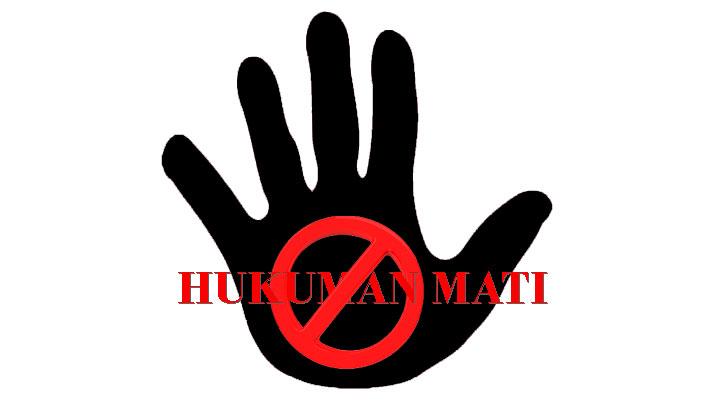
In 2024, Indonesian courts imposed the death sentence on 85 criminals, with most of them drug-related.
Indonesia: Stock Index Down Almost 8% Amid Fears Over Trump Tariffs
12 jam lalu

The Indonesia Stock Exchange (IDX) plunged sharply and briefly halted trading on Tuesday, April 8, 2025.
Indonesia to Increase Imports from U.S. to Address Trade Imbalance, Says Prabowo
12 jam lalu
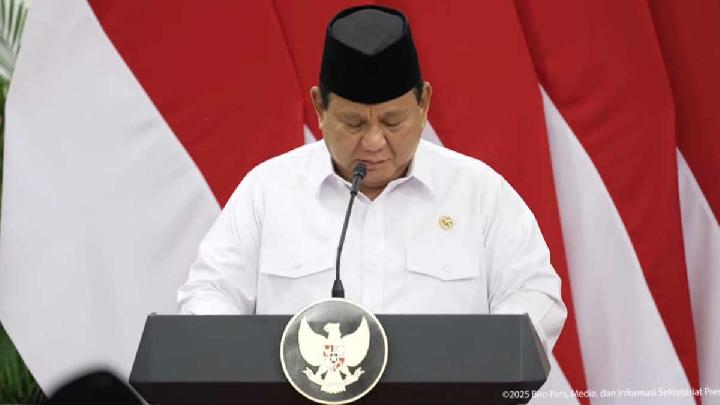
President Prabowo Subianto has affirmed the plan to augment its imports of goods from the United States.
Trump Confirms Direct Talks with Iran on Nuclear Program After Netanyahu's Visit
13 jam lalu

Trump's announcement came a day after Iran rejected direct talks on a new nuclear agreement.
Not Just Luck: Analyst Says Indonesia U-17's World Cup Berth Built on Strong Team Foundation
13 jam lalu

The success of the Indonesian U-17 national team in qualifying for the 2025 U-17 World Cup is a testament to the good team building process.
Trump's Tariffs Shake ASEAN: 5 Things to Know
14 jam lalu

ASEAN countries respond to the latest U.S. import tariffs by Trump with regional cooperation and diplomacy.
Prabowo Urged to Improve U.S. Trade Ties as Retail, Furniture Exports Endure
14 jam lalu

HIMKI ensures the sector remains with strong export growth as Trump's tariffs loom.
Calls for Trump's Impeachment Resurface
16 jam lalu

Democratic Party member Al Green plans to file an impeachment against Donald Trump within 30 days.
China Refuses to Yield to Trump's Import Tariffs
16 jam lalu

U.S. President Donald Trump imposes import tariffs of up to 50 percent, which will be retaliated against by China.













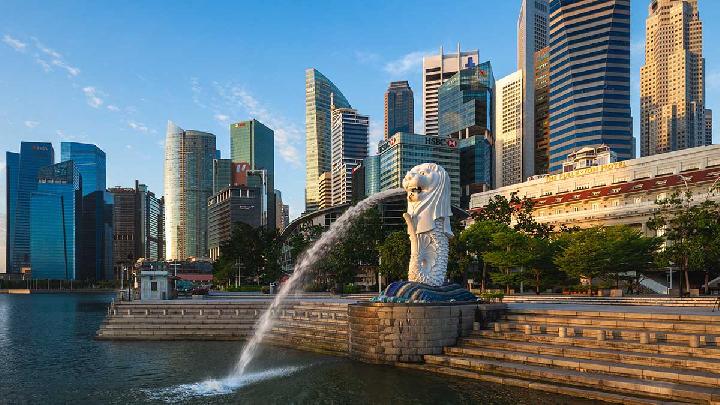


![[CekFakta] Jerat Judi Online di Pelantar Jejaring Sosial](https://statik.tempo.co/data/2024/06/25/id_1313509/1313509_720.jpg)






















